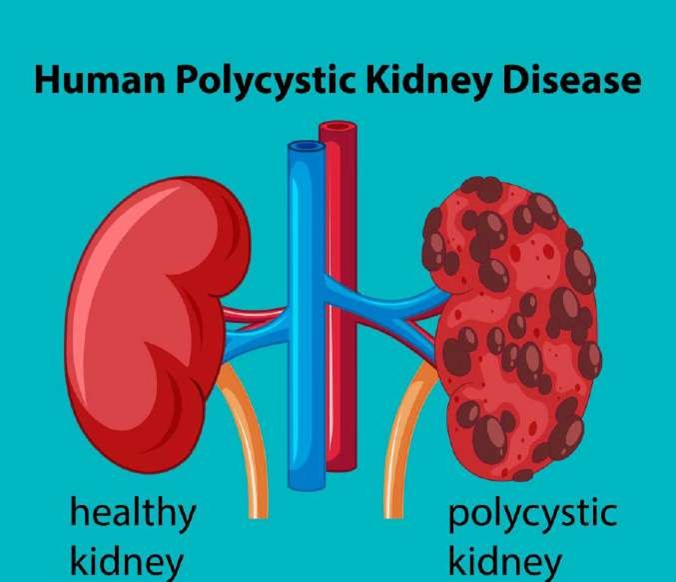A nurse is teaching a client about self-administered peritoneal dialysis. Which of the following statements by the client indicates a need for further teaching?
"The volume of the output solution should be greater than the input solution."
"The fluid from my abdomen will be clear or slightly yellow."
"The microwave in my kitchen can warm the solution before I use it."
"The catheter can become infected even with sterile precautions."
The Correct Answer is C
Choice A reason: The output solution is typically the same or slightly less than the input solution due to fluid removal during dialysis.
Choice B reason: The fluid from the abdomen should be clear or slightly yellow; any other color may indicate infection or bleeding.
Choice C reason: Using a microwave to warm the solution is not recommended as it can unevenly heat the solution and damage its composition.
Choice D reason: While sterile precautions are taken, there is still a risk of infection with any catheter.
Nursing Test Bank
Naxlex Comprehensive Predictor Exams
Related Questions
Correct Answer is ["A","C","D","E"]
Explanation
Choice A reason: Multiple sclerosis can affect the nerves that control the bladder and sphincter muscles, leading to urinary retention.
Choice B reason: Streptococcal infection is not typically associated with urinary retention unless it specifically affects the urinary tract, which is not common.
Choice C reason: Constipation can cause urinary retention by exerting pressure on the bladder or urethra, obstructing the flow of urine.
Choice D reason: Parkinson's disease can lead to urinary retention due to the impairment of nerve signals that
control the bladder.
Choice E reason: Pelvic organ prolapse can obstruct the urethra, leading to difficulty in emptying the bladder and resulting in urinary retention.
Correct Answer is A
Explanation
Choice A reason: Flank pain is a common symptom of PKD due to the enlargement of cysts within the kidneys.

Choice B reason: Confusion is not a direct symptom of PKD but could be related to complications such as severe hypertension or toxins in the blood due to decreased kidney function.
Choice C reason: Hypotension is not typically associated with PKD; in fact, hypertension is a more common finding due to the disease's impact on kidney function.
Choice D reason: Urinary retention is not a typical finding in PKD. Instead, symptoms like hematuria (blood in the urine) and increased urinary frequency may occur.
Whether you are a student looking to ace your exams or a practicing nurse seeking to enhance your expertise , our nursing education contents will empower you with the confidence and competence to make a difference in the lives of patients and become a respected leader in the healthcare field.
Visit Naxlex, invest in your future and unlock endless possibilities with our unparalleled nursing education contents today
Report Wrong Answer on the Current Question
Do you disagree with the answer? If yes, what is your expected answer? Explain.
Kindly be descriptive with the issue you are facing.
